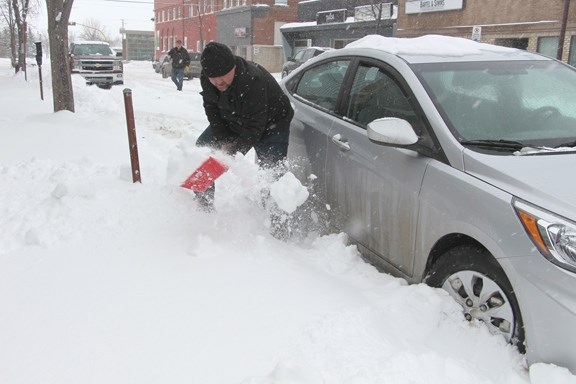If one thing is clear looking toward the future, how farmers farm is going to change as we move forward.
That may sound like a statement of the obvious since more things we do evolve over time, and farming is no different.
Through the years since farming started on the Canadian Prairies we have moved from the horse to machinery that exceeds that in the earliest manned space rockets.
We have evolved from a largely cereal grain cropping base to one that today is much more diverse.
Cultivation has given way to reduced and zero tillage systems to preserve moisture and reduce erosion.
Farm size has exploded from 160-acre homesteads to operations covering thousands of acres.
The list could go on, but it suffices to illustrate the rather dramatic changes. However, in almost every case the changes have occurred because farmers have adapted new technologies with an eye to greater efficiencies, and greater yields, two complimentary aspects of a farm С����Ƶ profitable.
The changes that seem on the near horizon may be made for decidedly different reasons.
We are quite obviously in a time of significant climate change. That does not mean global warming, although there are certainly indications that it is occurring. But, we are most certainly seeing more dramatic swings in weather, whether that is rainstorms, tornadoes, or extended winters.
When it comes to farming weather is still the most critical aspect of production. Without timely rains, crops suffer. A late frost in the spring or an early one in the fall, and crops suffer. Too much extreme heat and crops suffer.
Any change to weather that adds to the likelihood of extreme weather may well impact crop production.
There are all sorts of stories out these days about what is happening in terms of weather, starting most often with increased greenhouse gases leading to polar ice melts which in turn are causing weather pattern shifts.
To fully understand the science of it all one would need more letters of science behind their name than this humble scribe, but I can recognize what farmers grow, where they grow it, and even how they do it, are likely to change in the years ahead.
Some see the change as a move to more fall-seeded crops as a way to alleviate the uncertainty of potentially longer and more severe winters.
Others see potential for crops which require more heat, such as corn, in new areas as summers warm.
Whatever the exact answers prove to be, farmers are going to have to be adaptive to farming changes based on a new ‘norm’ in terms of weather, as that new ‘norm’ itself evolves.
Calvin Daniels is Editor with Yorkton This Week.




